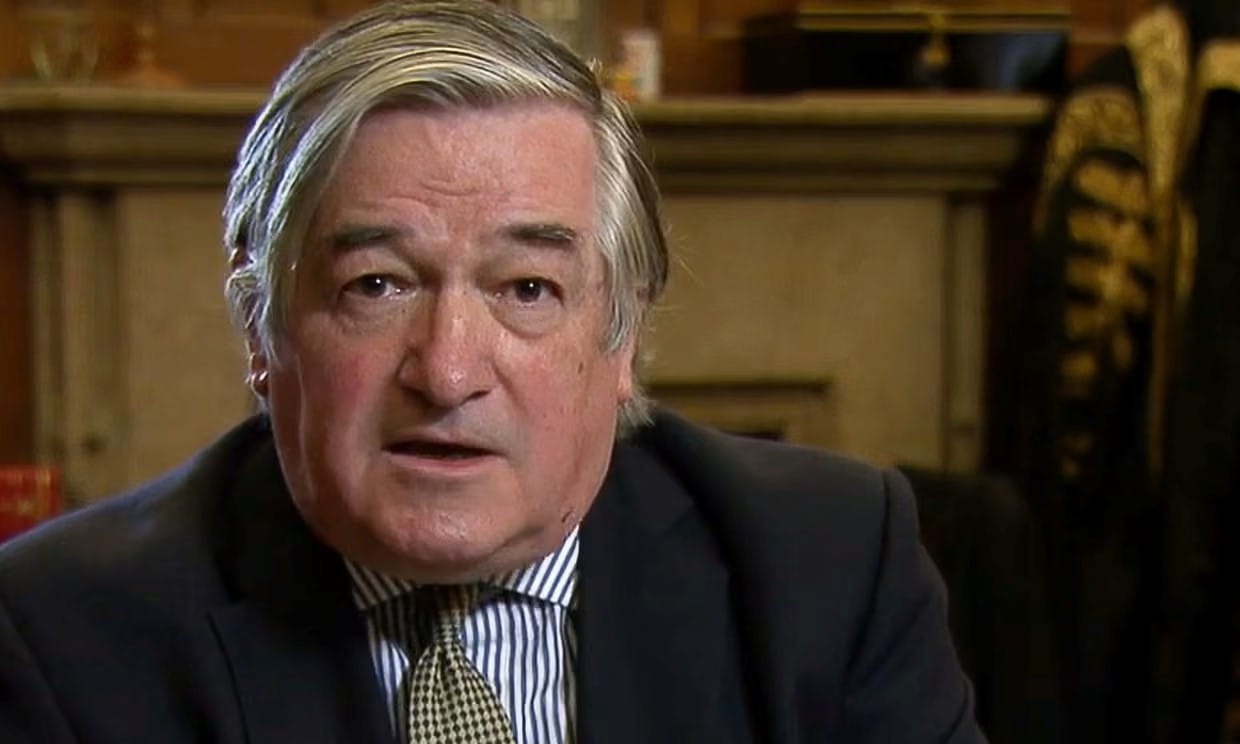JMD v SPD [2025] EWFC 154 (B)
District Judge Stephen Parker sitting in the Family Court at Birmingham. H's application for a second expert (business valuation) and W's application for continuation of an LSPO (legal services payments order).
Judgment date: 11 April 2025
https://www.bailii.org/ew/cases/EWFC/OJ/2025/154.html
District Judge Stephen Parker sitting in the Family Court at Birmingham. H’s application for a second expert (business valuation) and W’s application for continuation of an LSPO (legal services payments order).
Applications
DJ Parker considered two applications:
- the husband's application to have his own expert report in relation to the business; and
- the wife’s application for continuation of an LSPO.
Expert instruction – background
The husband owns and is sole director of a property development business which contains several projects for development sites.
The single joint (business valuation) expert did not adopt the separate single joint (property) expert’s valuations which were also directed in relation to the husband's business.
Rather than accepting the valuations as provided from the property expert, the single joint expert departed from it because the valuations of the properties had been completed on the basis that some of the developments are only part completed. The single joint (business valuation) expert chose not to accept the property values and arrived at a figure based upon the value that they would get if they were to be completed.
The expert’s rationale was that it is unlikely that the business would proceed as a forced sale. The husband instructed a shadow expert who disagreed with that approach.
Various concessions in relation to the single joint (business valuation) expert’s approach were made on the husband’s part. The husband’s case was that those concessions did not filter through to the overall figures that the single joint expert provided and that there were too many concessions to make cross-examination of that expert (instead of instruction of a new one) possible. The matter needed to be looked at afresh.
The husband’s position regarding the valuation was that if the property values were factored in as provided for by the SJE property valuations, the value of the business would be significantly less. The wife did not accept this.
The judge noted that the single joint (business valuation) expert should at the very least have raised those issues with the property valuation expert.
The husband's own Form E featured a similar valuation to the business valuation expert, although after receipt of the expert’s report, his position was that the value of the business was substantially lower than that based on advice taken from a shadow expert.
DJ Parker considered the principles in Daniels v Walker [2000] EWCA Civ 508 and the critical question regarding whether the report is necessary to enable the judge to do justice with the case and, if so, what the additional expert would add to it. He also considered Peel J’s comments in GA v EL [2023] EWFC 187.
W’s LSPO application – background
An LSPO had been made previously which provided outstanding legal costs payable in four monthly instalments of £12,000 (a total of £48,000), up until the private FDR, to include an additional £12,000 capped for counsel's brief fee.
The wife sought, until the next hearing, a continuance of payments to enable her to fund her legal costs at the same rate.
H’s position was that the sums that the wife sought would require the liquidation of the assets comprising the business and that the current level of support he was ordered to provide (both by way of MPS and LSPO) could not be sustained.
The judge noted a significant differential in the parties’ anticipated costs, i.e. the hourly charge out rates between the respective firms (W having instructed more expensive solicitors).
The husband's position was that the wife's solicitors had caused her to overspend the budget that was allowed when the LSPO was made.
DJ Parker considered W’s outstanding costs and the principle that they should only be provided for where the solicitors will down tools. He noted that there was no evidence in this case that they will do so as significant credit had been extended.
The judge considered that the power to make an LSPO is restricted to cases where the court is satisfied that without the amount, the applicant would not reasonably be able to obtain appropriate legal services for the purposes of the proceedings. The judge was satisfied that the test was met in this case.
Decision
Expert instruction
A further expert report was allowed, the costs of which were to be borne wholly by the husband. The expert had, for reasons that they themselves set out, decided to depart from the property valuations which another single joint expert instructed by the court had been asked to undertake. DJ Parker said that was a cause of great concern, whatever the justification for it.
LSPO
W sought a further three months of payments of £12,000 (a total of £36,000). The judge ordered H to pay £20,000 toward the wife’s outstanding costs (of c.£72,000). The costs that the wife has incurred over and above those envisaged by the LSPO were significant. It was the judge’s view that the husband should not be responsible for a large proportion of those costs and whilst credit had been extended, it was appropriate for the husband to make some payment in relation to those costs.
The judge also ordered the husband to make three payments of £9,000 and the wife’s counsel’s brief fee, capped at £6,000.






